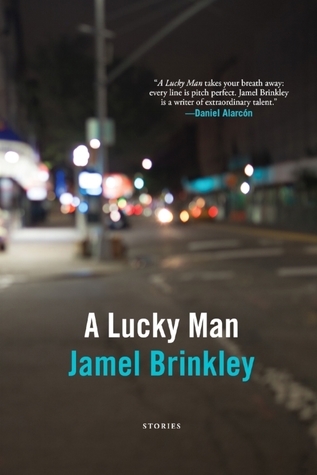 Review by Tess Tabak
Review by Tess Tabak
A quick yes or no question: Does someone calling themselves a “community architect” make you want to punch things?
If yes, this is not the book for you.
Before anyone accuses me of being cynical, let me say that I wanted to like this book. I actually enjoy reading self help / new agey stuff. But I want them to either tell me something I didn’t know, or at least tell me something I did know in a new way. Most of the information in Radha Agrawal’s Belong: Find Your People, Create Community, and Live a More Connected Life is fairly common knowledge (don’t we all know by now that Facebook is not a substitute for in-person contact?). The exercises feel half-assed – at one point she says, “If you need ideas, Google it.” The amount of doodles and blank journal pages in the book make me think that Agrawal came up about 25% short on the page count, and they went with filler instead of more content.
Worse than that, Agrawal clearly has never experienced, and does not have a deep understanding of, what it truly means to feel alone and friendless. Good for her, but reading this book from such a state is akin to a guide on the Heimlich maneuver that begins, “First, take a deep breath.” What is someone truly friendless supposed to do with advice like “make sure you get 5 hugs a day”? Continue reading
 Review by Mary Rose MacDonald
Review by Mary Rose MacDonald In
In 
 Review by E. Kirshe
Review by E. Kirshe Review by Tess Tabak
Review by Tess Tabak
Recent Comments